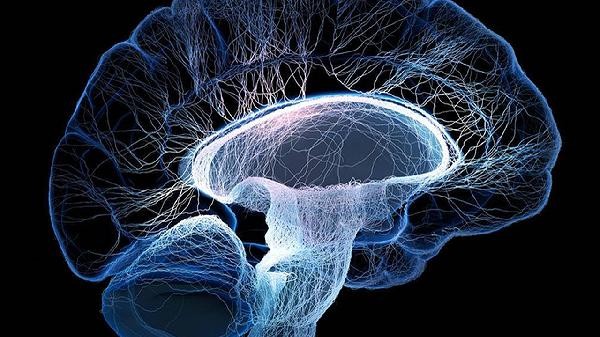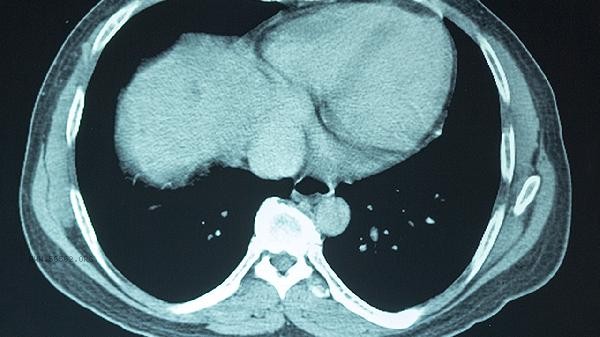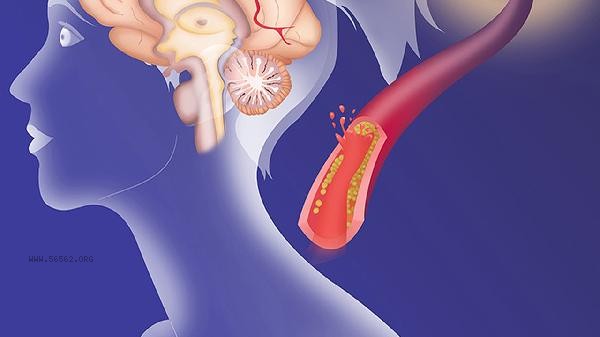The feeling of dizziness in the brain may be caused by insufficient sleep, dehydration, excessive stress, anemia, or hypothyroidism, and should be judged based on specific symptoms.

1. Lack of sleep
Long term lack of sleep time or poor sleep quality can lead to the accumulation of metabolic waste in the brain, affecting oxygen supply to brain cells. Adults need more than 7 hours of deep sleep per day, and staying up late for a long time can inhibit the function of the prefrontal cortex, manifested as decreased attention and delayed thinking. It is recommended to have a fixed sleep schedule and avoid using electronic devices before bedtime.
2. Dehydration state
When the water content of brain tissue reaches 75%, mild dehydration can affect nerve conduction velocity. When fluid loss exceeds 2% of body weight, headaches and cognitive decline may occur. It is more likely to occur in summer or after exercise. It is necessary to drink 200 milliliters of water per hour and observe that the urine color should be light yellow.
3. Chronic stress
Prolonged anxiety can overactivate the hypothalamic pituitary adrenal axis, leading to elevated cortisol levels. Long term excessive use of this hormone can damage hippocampal neurons, causing memory loss and cognitive confusion. Mindfulness meditation and abdominal breathing can effectively reduce the secretion of stress hormones. When the hemoglobin content is insufficient in iron deficiency anemia, the oxygen supply to the brain decreases by more than 30%. Common symptoms include pale complexion, fatigue, and dizziness, and women are more prone to menstrual bleeding. Animal liver, red meat, and dark green vegetables can supplement iron elements, and vitamin C can promote iron absorption.

5. Hypothyroidism
Insufficient secretion of thyroid hormone can reduce basal metabolic rate and keep the brain in a low-energy state. Typical manifestations include fear of cold, weight gain, and dry skin, which require testing for thyroid stimulating hormone levels. Levothyroxine sodium tablets are commonly used alternative treatment drugs, and the dosage should be adjusted according to medical advice.
Daily intake of foods rich in omega-3 fatty acids, such as walnuts and deep-sea fish, can promote brain cell membrane repair. Moderate aerobic exercise such as brisk walking and swimming can increase brain blood flow. If symptoms such as vomiting and limb numbness persist for two weeks without relief, it is necessary to investigate the possibility of cerebral ischemia or intracranial lesions. Establish a regular sleep wake cycle, avoid working in the same position for a long time, and get up and move for 5 minutes every hour to improve blood circulation.









Comments (0)
Leave a Comment
No comments yet
Be the first to share your thoughts!